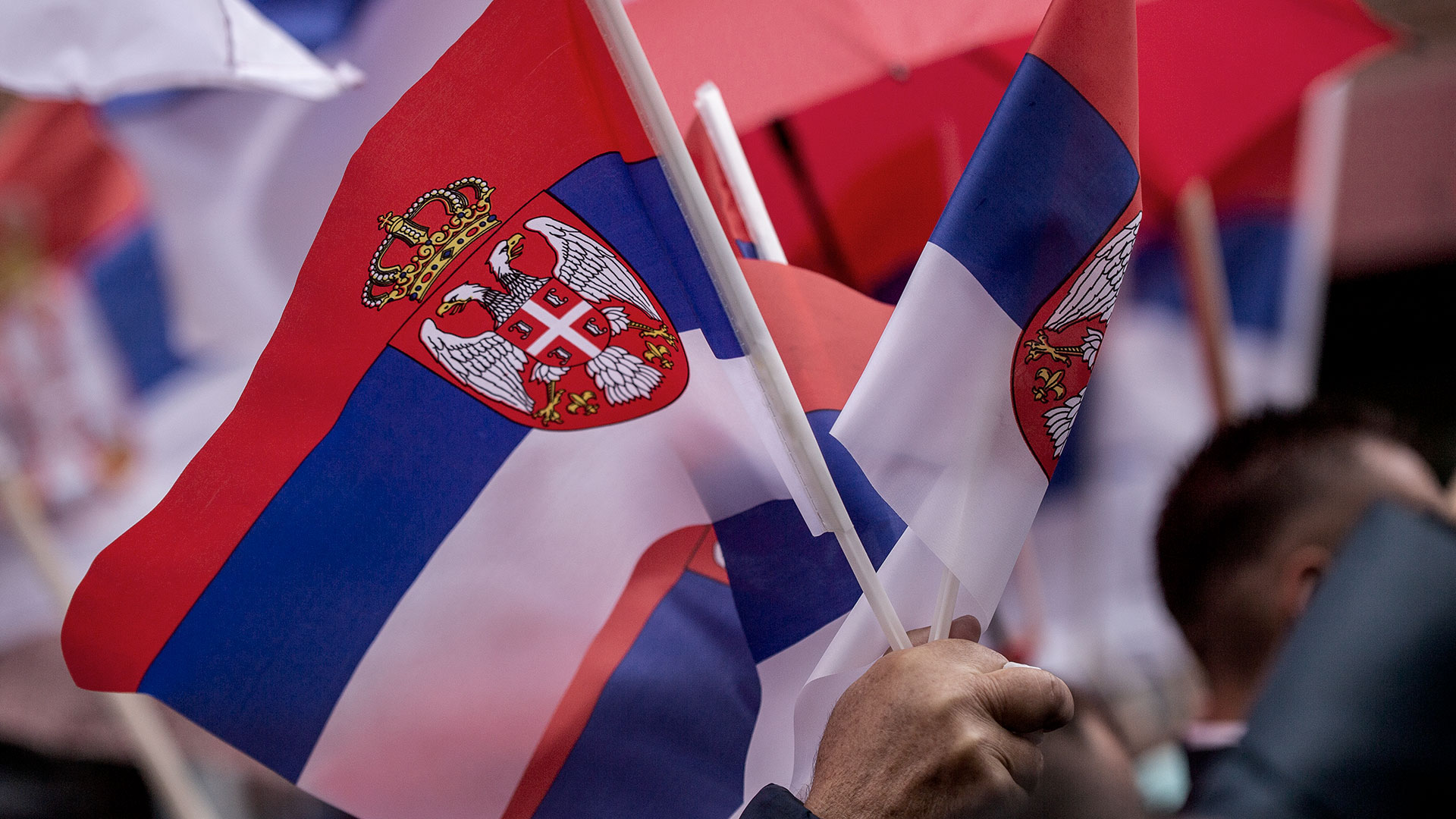
Progressive except for Kosovo
In Serbia’s student protests, Kosovo remains a limit to the solidarity, progressiveness and the challenge to power otherwise displayed by protestors.
I am not surprised by the anti-Albanian sentiment in these demonstrations, after nearly a century of othering, propaganda and dehumanization under the Serbian state.
Movements that accommodate violent narratives for the sake of one community are destined to fail because they are not rooted in a genuine challenge to state violence but in the effort to redirect that violence away from themselves.

Arbër Qerka-Gashi
Arbër Qerka-Gashi is a London-based writer, curator and researcher. He holds a BA in History from Goldsmiths, University of London, and a master’s in Gender, Sexuality, and Culture from Birkbeck, University of London. He writes on themes related to the Balkans, Albanian identity, diaspora experiences and Kosovo’s cultural expression.
DISCLAIMERThe views of the writer do not necessarily reflect the views of Kosovo 2.0.
This story was originally written in English.